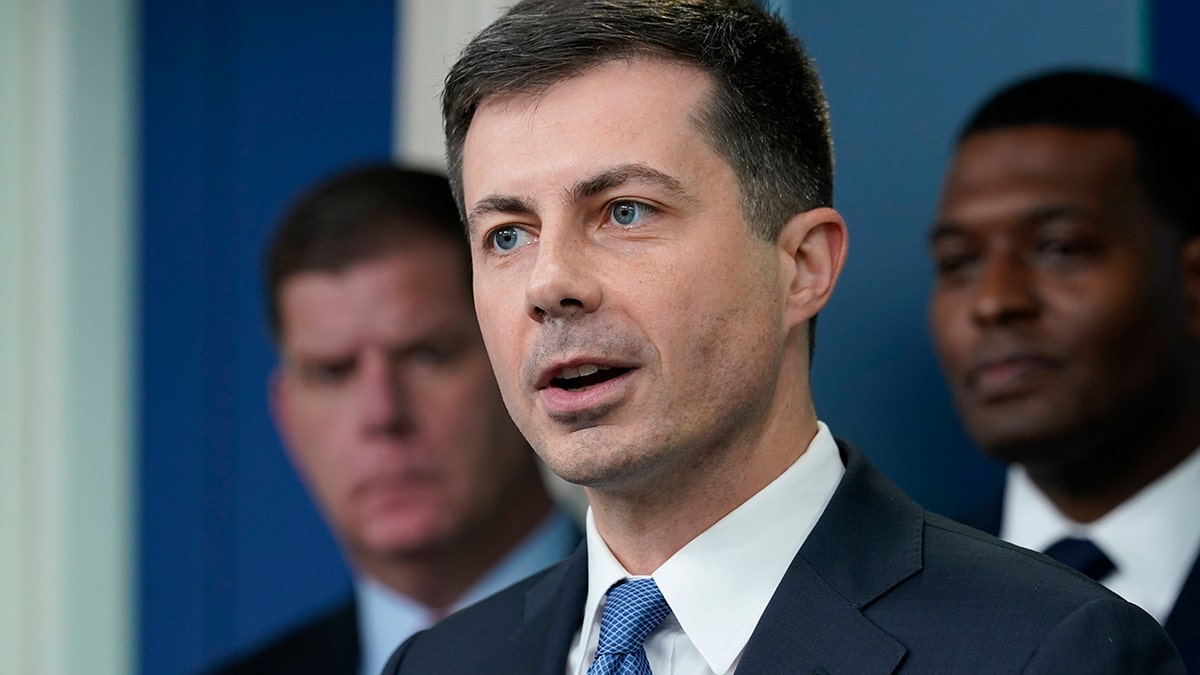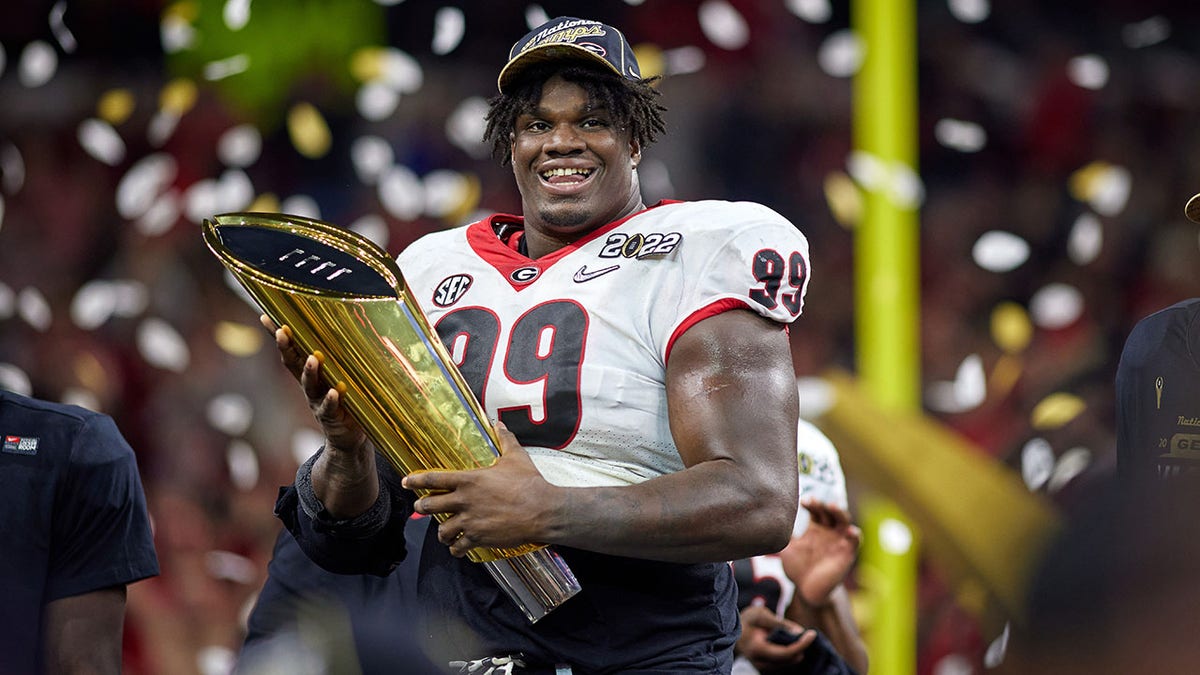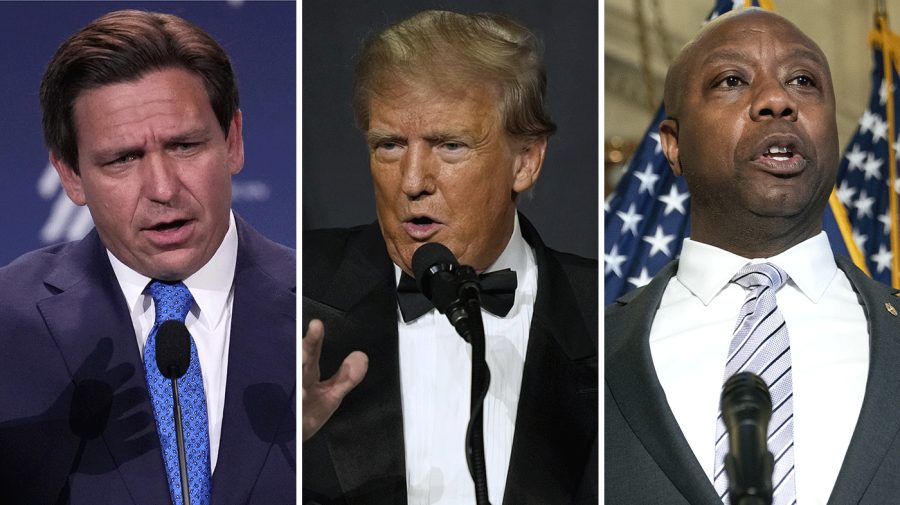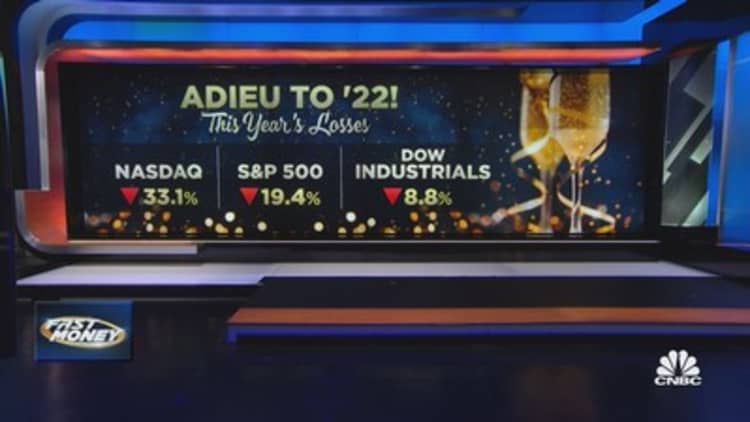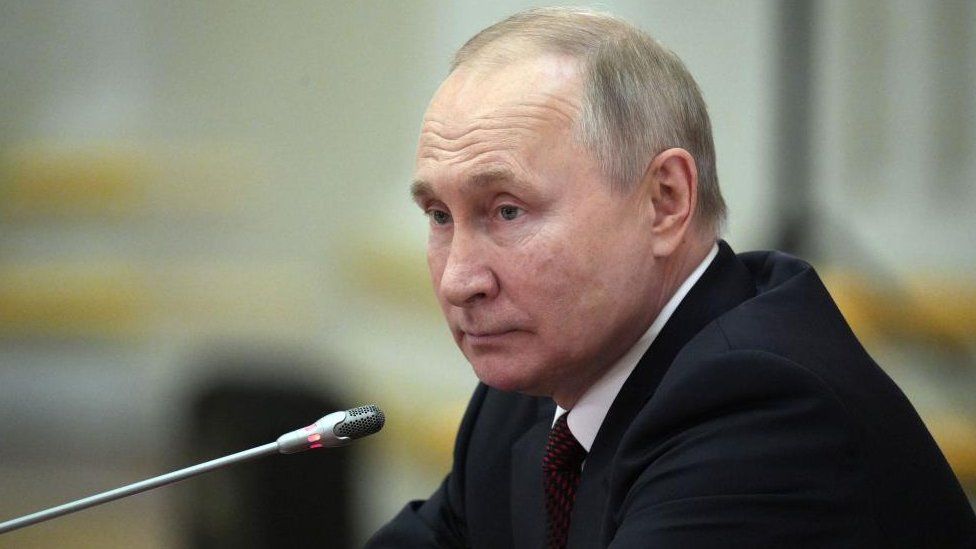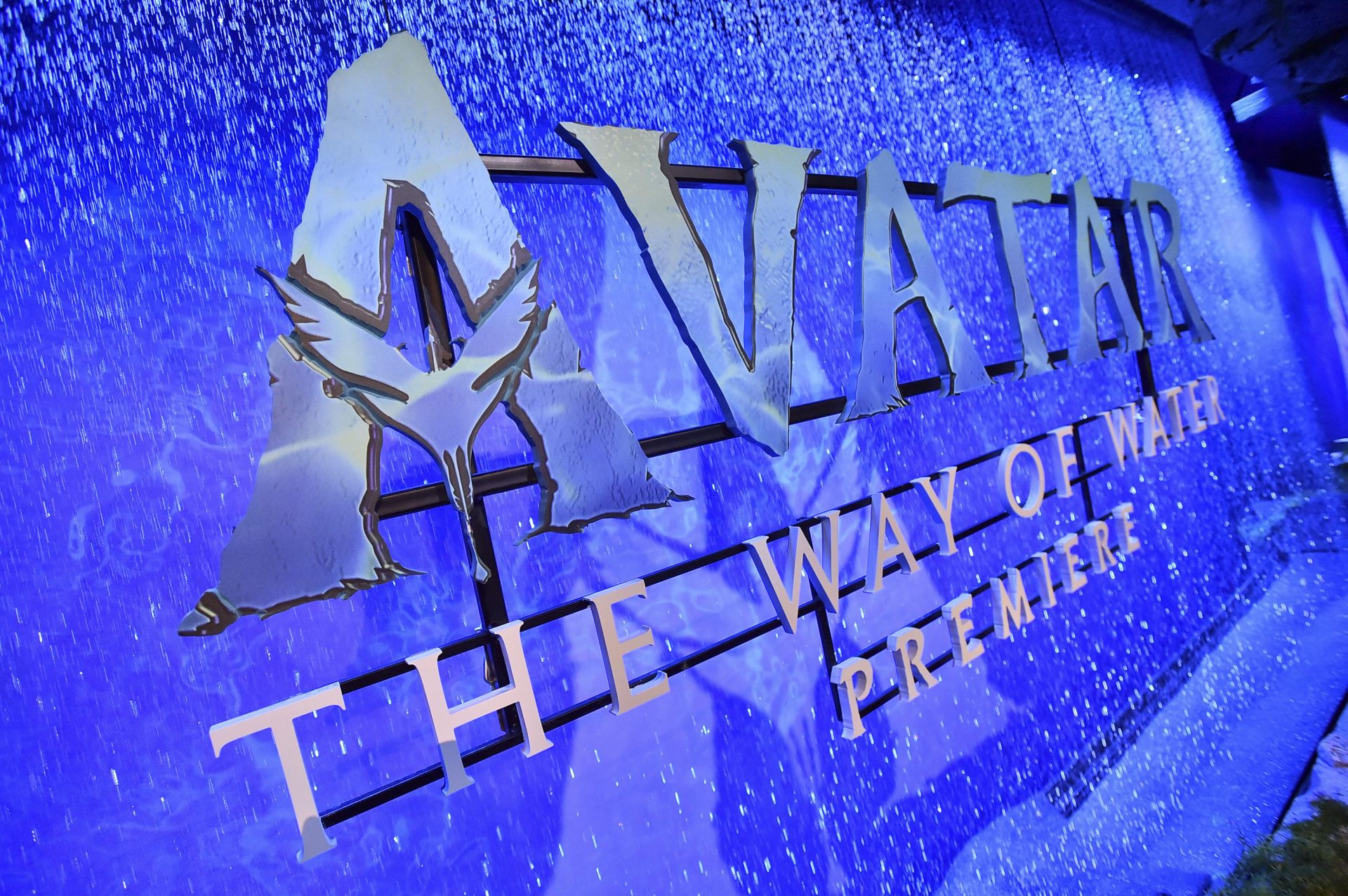Just In | The Hill
Former President Trump is already in the race. Other major contenders are openly contemplating bids. And speculation is swirling around big names who have so far kept their intentions quiet, such as Florida Gov. Ron DeSantis.
The battle for the Republican Party’s 2024 presidential nomination is guaranteed to be fierce. President Biden may have had a better midterms than many people expected, but his approval ratings remain tepid.
Biden is vulnerable if he runs for a second term. If he doesn’t, there would be no runaway favorite to be the Democratic nominee.
Either way, the GOP nominee in 2024 looks sure to have a solid chance of winning the White House.
Here are the people most likely to top the GOP ticket.
1. Florida Gov. Ron DeSantis
DeSantis had by far the best midterms of any serious 2024 contender, winning reelection by almost 20 points in Florida, which had been considered a battleground state, at least until recently.
His victory made a formidable argument that his embrace of culture war issues and his opposition to COVID-19–related lockdowns has paid off electorally.
DeSantis has continued in that vein since his victory, calling on the Florida Supreme Court to impanel a grand jury to investigate “any and all wrongdoing” with respect to COVID-19 vaccinations.
The move was derided by critics as a blatant play to the anti-vax element of the GOP base. But that won’t bother DeSantis at all.
The Florida governor came off his election campaign with about $90 million still in the bank across his accounts, and he has also drawn some GOP mega-donors to his side.
DeSantis has not provided many clues as to his 2024 intentions; it is simply assumed that he is contemplating a run.
If he gets in, he will have many assets — and some favorable tailwinds created by his main rival’s missteps.
2. Former President Trump
Trump would have been the runaway favorite had these rankings been drawn up the day before the midterm elections.
Since then, virtually everything the president has touched has turned bad.
Some of his most prominent endorsees lost in the midterms. He committed a major unforced blunder when he had dinner with two antisemites, Ye, formerly known as Kanye West, and Nick Fuentes.
Trump’s campaign launch was lackluster and was not followed up by any of the big rallies from which the former president seems to draw energy.
Trump got into yet another seemingly pointless controversy in early December when he called for the “termination” of parts of the Constitution — apparently to allow him to either be reinstated or to rerun the 2020 election.
While Trump is diminished, he can’t be at all counted out.
Republican voters retain a strongly positive impression of him, he can raise all the money he needs with ease and he could be a big beneficiary of a multicandidate field given the loyalty of his hardcore followers.
Trump’s allies point out that he is in a better position now than he was at the outset of his 2016 campaign.
That’s true enough so far as it goes. But the former president looks more vulnerable, even in a Republican primary, than would have been predicted even a short time ago.
3. Sen. Ted Cruz (Texas)
Cruz was Trump’s most serious rival in 2016, and he would be a significant player if he entered the race this time.
He has been careful to keep the door open to that possibility, even though a White House bid would be complicated because he is also up for reelection to the Senate in 2024.
Cruz told reporters at a November news conference, following an appearance before the Republican Jewish Coalition, that he was running for reelection to the upper chamber. But, he added, “there will be plenty of time to discuss 2024 presidential … there will be plenty of time for that.”
Cruz’s appeal would be essentially unchanged from what it was in 2016: a fervent conservative, willing to mix it up with the media and attack Democrats in fiery terms.
DeSantis’s new prominence complicates the calculus significantly for Cruz, since he would have to both maneuver around Trump and prove himself a better alternative than DeSantis.
4. Former United Nations Ambassador Nikki Haley
Haley has been among the most candid of the major contenders about her intentions.
She is mulling a presidential bid, saying at an event at Clemson University at the end of November, “We are taking the holidays to kind of look at what the situation is.”
She added: “If we decide to get into it, we’ll put 1,000 percent in, and we’ll finish it.”
Haley served Trump as U.S. ambassador to the United Nations and was previously the first female governor of South Carolina.
Haley, the daughter of Indian immigrants, would bring a very different sensibility to the top of the GOP ticket than was the case with Trump.
Whether she can win the trust of the party’s base, however, might be another matter.
5. Former Secretary of State Mike Pompeo
Pompeo, like Haley, has made no secret at all of the fact that he is contemplating a 2024 campaign.
In December, he told “Fox News Sunday” that he and his family were “thinking our way through this,” adding that “we have to get this right for America.” He suggested he would make a decision by spring.
Pompeo has foreign policy gravitas thanks to his time as the nation’s chief diplomat and, before that, as director of the CIA.
As a Fox News contributor, he also has an enviable platform from which to reach the Republican grassroots.
Bu the question for Pompeo has always been whether there is really a constituency for him, even among the Republican primary electorate.
It’s seriously questionable whether there are passionate Pompeo backers in any significant number.
6. Virginia Gov. Glenn Youngkin
Youngkin came from relative political obscurity to win the governorship of Virginia in 2021.
The achievement won him instant fans among Republicans, not least because Biden had carried the state by around 10 points just a year before.
Youngkin’s strategy was also seen as offering an appealing template for Republicans nationwide — he neither tethered himself to Trump nor directly repudiated him. Instead, he reaped political dividends from making issues like education and “wokeness” central to his campaign.
A Youngkin presidential bid would be an intriguing one, though his relative lack of political experience would be an issue.
7. Former Vice President Mike Pence
The belief Pence will run for president is so strong that, in late December, reports gained steam that he had filed the necessary paperwork to launch — until a spokesman clarified that the paperwork appeared to be a hoax.
The spokesman, Devin O’Malley, emphasized in a series of tweets that Pence had “been saying that if there was an announcement to be made, it would [be] made in 2023!”
Pence had been putting more distance than before between himself and Trump, especially in a series of interviews he gave to promote his recent memoir. At the same time, he refers with pride to the achievements of the “Trump-Pence administration.”
It seems debatable, at best, whether Pence can thread that needle successfully in a GOP primary.
Several polls show him meeting sizable resistance among Republican voters — presumably from Trump loyalists who blame him for not joining the clearly unconstitutional effort to overturn the 2020 election.
8. Sen. Tim Scott (S.C.)
Scott coasted to election in South Carolina this fall and ended the campaign with more than $20 million still left over, according to OpenSecrets.
The only Black Republican senator, Scott is seen by his backers as one of the best options to unite the pro-Trump and Trump-skeptical wings of the GOP.
He has criticized the former president on occasion, but never intemperately, and Trump supported his bid for reelection. At the same time, Scott is unimpeachably conservative in his record on everything from gun rights to health care.
Scott has also sought to reach across the aisle on occasion, working with Sen. Cory Booker (D-N.J.) to try to enact some level of policing reform. The effort ultimately failed.
Scott keeps a close inner circle, and no one outside it seems quite sure if he hankers for the Oval Office.
Skeptics don’t think the fire burns within him, but intriguing trips to the key states of Iowa and New Hampshire tell a different story.
9. South Dakota Gov. Kristi Noem
Noem, plainly on the MAGA wing of the party, could be an appealing choice for some pro-Trump voters, especially if the former president were to falter badly.
Noem has a compelling personal story, outlined in a recent memoir; a record of vigorous opposition to COVID-19–related restrictions; and a taste for the provocative — her staff gifted her a flamethrower as a Christmas present this year.
Noem was also ahead of every other major contender in banning TikTok from state-owned government devices, amid security concerns, recently. Numerous other governors have followed her lead on that issue.
Noem is a gifted communicator, though she would have to get past several bigger names if she were to make a serious run at the nomination.
10. New Hampshire Gov. Chris Sununu
Sununu is one of the leading lights of the more moderate or pro-establishment wing of the GOP.
He won reelection handily in November, while a more extreme, Trump-endorsed Senate candidate, Don Bolduc, went down to defeat in his state.
Sununu is cut from somewhat similar cloth as other Trump critics who appear to be contemplating bids, including Arkansas Gov. Asa Hutchinson and former New Jersey Gov. Chris Christie.
But the bottom line is, it’s doubtful that any of those candidates can win the nomination in a party that has come to be dominated by its more fiery, populist wing.
Campaign, News, Chris Sununu, Donald Trump, Glenn Youngkin, Kristi Noem, Mike Pence, Mike Pompeo, Nikke Haley, Ron DeSantis, Ted Cruz, Tim Scott


